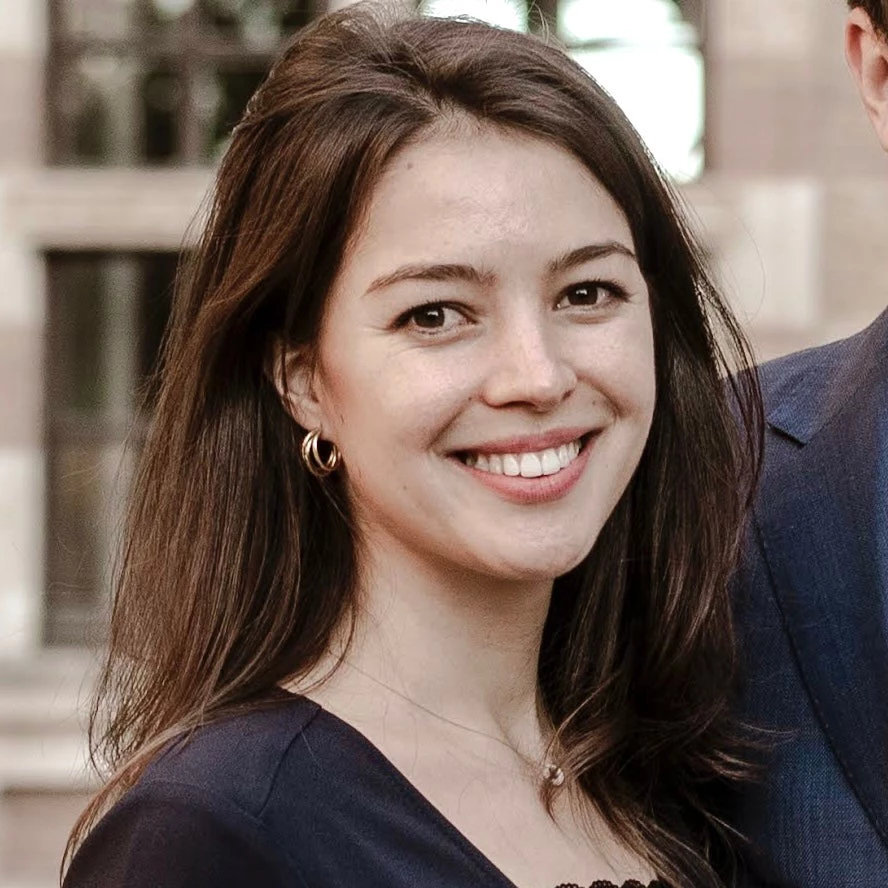 A woman visits a health clinic with her baby in South Sudan. Copyright: Arne Hoel/World Bank.
A woman visits a health clinic with her baby in South Sudan. Copyright: Arne Hoel/World Bank.
With countries facing economic pressures and competing budget priorities, it is more critical than ever for external financiers to align their efforts. The World Bank Group (WBG) and the Global Fund have a long history of this alignment, and since 2016, have collaborated on 13 joint investments across 10 countries, mobilizing approximately 185 million in grant financing and leveraging more than $3 billion in total joint investments to advance health outcomes and strengthen health systems. Recognizing this momentum and to further strengthen collaboration, in November 2023, the WBG and the Global Fund finalized a Memorandum of Understanding that laid the groundwork for more efficient and sustainable financing to improve health outcomes.
The collaboration between the Global Fund and the WBG helps achieve their respective ambitious 2030 health goals—the WBG targeting 1.5 billion people reached with health services and the Global Fund accelerating elimination of HIV, tuberculosis (TB), and malaria as public health threats—through enhanced country ownership, sustainable financing, and integrated health systems strengthening. The Global Fund’s deep expertise in fighting some of the world’s most devastating pandemics is critical to the partnership. The WBG's analytical expertise and ability to scale interventions complement this effort through strong relationships with finance ministries, and experience in shepherding health reform processes, which are vital for defeating the three diseases and ensuring a healthier, safer future for all.
Joint financing is a critical mechanism prioritized in this partnership to achieve our shared goals. This approach allows both institutions to strategically pool resources and align with country priorities. Furthermore, joint financing supports integration of disease responses into broader health systems, strengthens reforms, and boosts pandemic preparedness and primary care. Beyond the health benefits, these programs are also a major engine of employment through service delivery jobs as well as in the health value chain.
These joint investments have included loan buy downs in Indonesia and India to drive critical resources to support national TB responses, joint investments to strengthen primary healthcare in Laos, and supporting the health system in Haiti.
- In Laos, the first Health and Nutrition Services Access (HANSA1) Project supported consistent access to essential medicine and supported improvements in TB treatment coverage from 58% to 82% and expanded HIV services, despite the COVID-19 pandemic. HANSA2 will reach over 1 million rural residents with expanded health and nutrition services, including for HIV and TB. Other co-financiers in this project include the Government of Australia, and Gavi, the Vaccine Alliance.
- In India, the implementation of the Program Towards Elimination of Tuberculosis has shown significant progress in combating TB, by increasing private sector engagement and improving diagnostic and treatment services. The program has helped strengthen treatment success rates notified by private providers, which reached 88.2 % in 2025 in targeted states.
In early 2025, additional joint financing agreements between the WBG and the Global Fund were finalized in South Sudan and Côte d'Ivoire, reinforcing continued momentum in the partnership.
- In South Sudan, the Health Sector Transformation Project is delivering vital primary health services to the most remote communities. It aims to improve government planning, coordination, and oversight of service delivery, including for communicable diseases like malaria, where the Global Fund has long invested. This investment is enabling a more aligned response with partners in a challenging operating context and is expected to increase malaria programmatic coverage by leveraging the extension of primary services to more communities and strengthening health systems that are essential to underpin sustainable disease responses.
- In Côte d'Ivoire, the joint investment in the Health, Nutrition, and Early Childhood Development Program focuses on improving quality and integrating community-based malaria case management into the national performance-based financing indicators, to boost the linkages between health facilities and community health workers. The joint investment also supports the scale up of the national health insurance scheme, by paying for the insurance premiums of socio-economically vulnerable people living with HIV. It is expected to benefit 14.1 million women, adolescents, and children.
Looking ahead, the WBG–Global Fund partnership will be pivotal in navigating a shifting global health financing landscape, as countries are driving better alignment of external funds and calling for stronger collaboration among major players. The Lusaka Agenda calls for united action to strengthen health systems and ensure accountability, alongside increased calls for greater health sovereignty.
This goal is being supported through the new Health Works Leaders Coalition – launched by the WBG in which the Global Fund is a founding member. Through this coalition, members will be supporting countries in developing compacts that align financing and deepen mutual accountability. Bringing together leaders from both public and private sectors, the coalition is driving collective action, mobilizing resources, and advancing national health priorities toward the UHC Forum in Tokyo in December 2025.
By scaling up successful interventions and mobilizing additional resources, we will continue to support countries in their journey for better access to quality services and improved health outcomes. The upcoming Global Fund replenishment will be a decisive moment, determining the resources available for our joint efforts in aligning priorities, strengthening health systems and expanding universal health coverage.




Join the Conversation